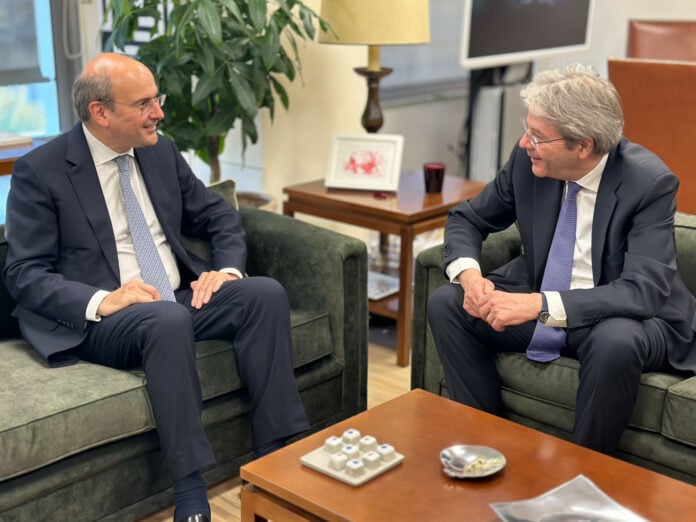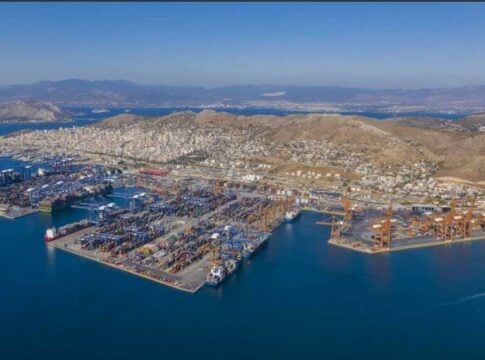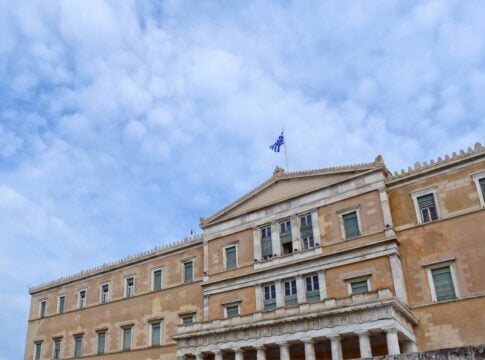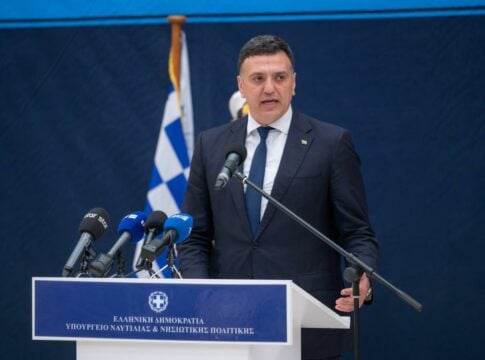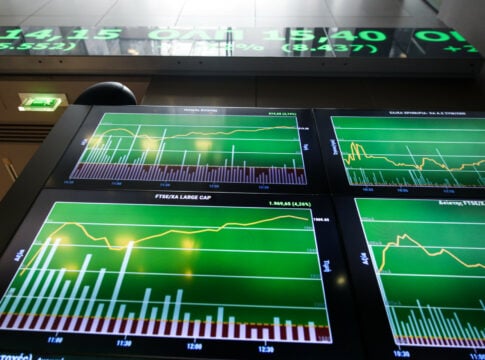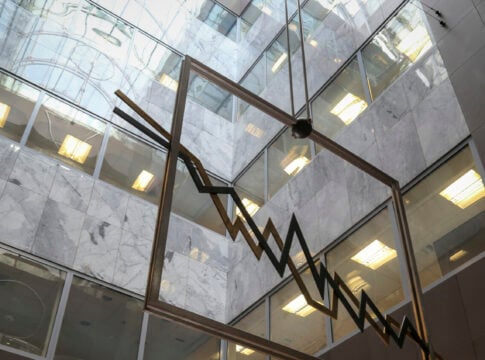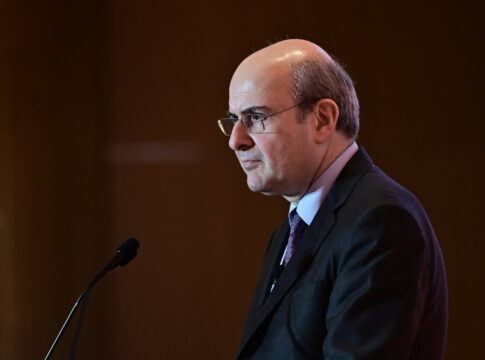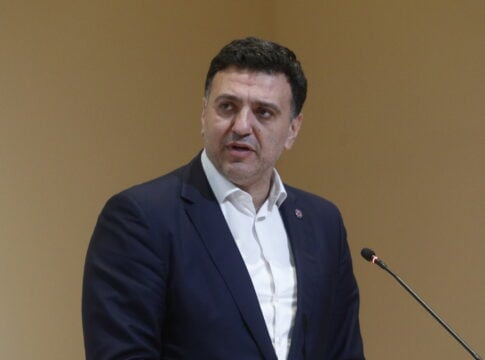Finance Minister Kostis Hatzidakis met European Economic Commissioner Paolo Gentiloni on Tuesday.
During the meeting, the new framework of fiscal rules, the course of implementation of the Recovery and Resilience Facility, as well as tax policy issues were discussed.
After the meeting, Gentiloni stated: “I am here today in Athens to meet my friend, Minister Hatzidakis. We discussed the financial situation. As you know, overall economic activity in the European Union is rather weak. Last year we had 11 member states with negative growth. However, we are slightly more optimistic about the second half of this year, as we will see an improvement in the labor market. Inflation is falling which in turn will lead to lower lending rates in the coming months. We have also dealt with the energy crisis by avoiding recession. So, yes, activity is weak, but the outlook for the second half of the year and next year is more positive. Of course, there is concern about the geopolitical developments.”
Greece presents a stronger economy compared to the average economy of the European Union. It is one of the best performing economies and this is the result of two factors:
- the correct decisions taken by the Greek authorities,
- the European commitment. Because part of this success and growth is linked to the joint efforts of NextGenerationEU. In Greece, we have a stronger recovery plan, which shows results in both investments and reforms.
We’ve had a tough few months since the Russian invasion of Ukraine, but I think we can look to the future of the European economy with a little more optimism.”
Hatzidakis: “Greece has recorded great progress”
On his part, Hatzidakis pointed out: “Commissioner Gentiloni has a significant role in Brussels, not only because he has been the prime minister of Italy, a large European country, but also because he is highly regarded among the ECOFIN ministers and the Eurogroup. He also has a positive contribution to the management of the economic and monetary union, within the framework of the European Union.
Greece, as he noted, has made great progress over the last years. But our commitment is to continue this effort, based on the support of Brussels, on the large package we have from the Cohesion Fund and the Recovery Fund. We have the highest per capita aid in the entire European Union. But based on two more things: fiscal seriousness on the one hand and a pro-investment approach on the other.”


